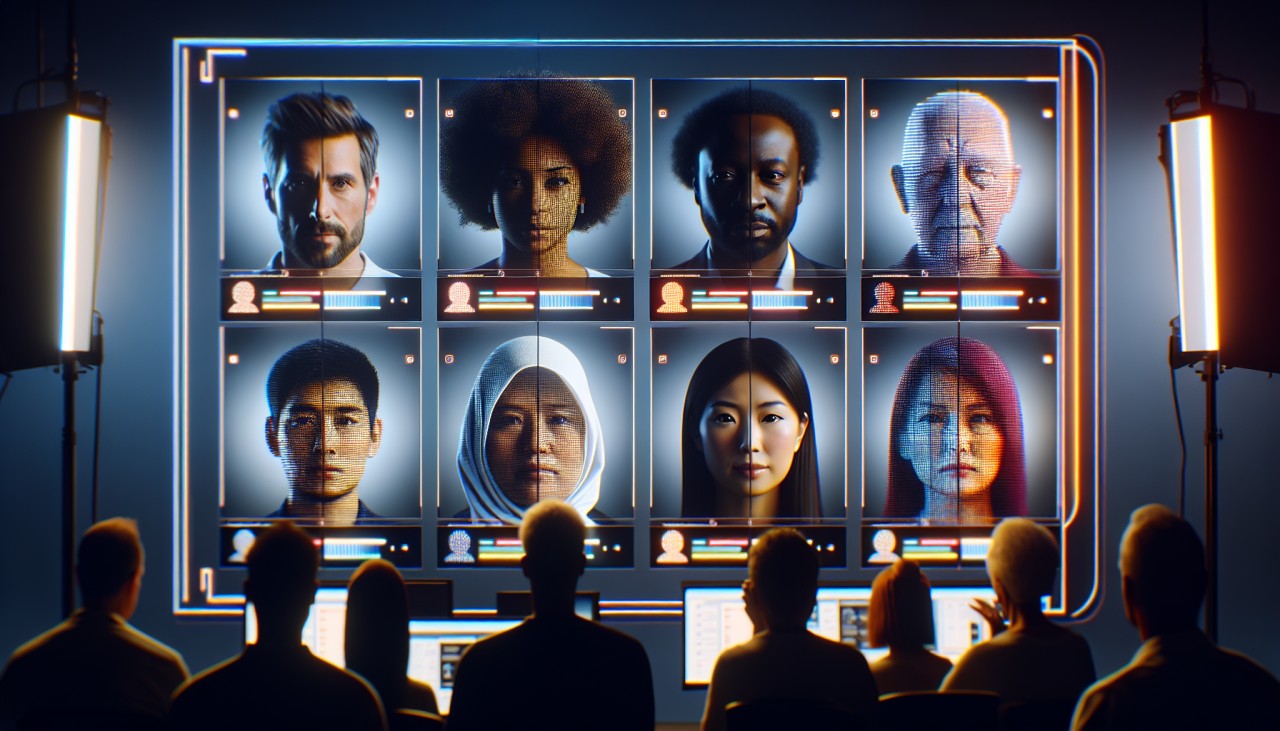Discriminatory algorithms, which are increasingly integrated into critical decision-making processes, have been found to perpetuate existing societal biases, leading to unfair treatment of marginalized groups. For instance, a 2019 study revealed that a widely used clinical algorithm in hospitals was less likely to recommend Black patients for additional care compared to white patients, despite similar health conditions. This disparity arose because the algorithm was trained on healthcare spending data, which historically reflects lower spending for Black patients due to systemic inequalities. Such biases in medical algorithms can result in unequal access to healthcare services, exacerbating health disparities among different racial groups. aclu.org
The risks associated with discriminatory algorithms extend beyond healthcare into other sectors, including criminal justice and employment. The COMPAS system, used to assess the risk of recidivism among offenders, has been criticized for disproportionately labeling Black defendants as high-risk compared to white defendants, raising concerns about racial bias in the criminal justice system. Similarly, Amazon's AI-powered recruitment tool was found to favor male candidates over female ones, reflecting gender bias in hiring practices. These examples underscore the need for rigorous evaluation and mitigation strategies to address algorithmic biases, ensuring that technological advancements do not reinforce existing societal inequalities. frontiersin.org
Key Takeaways
- Discriminatory algorithms can perpetuate existing societal biases, leading to unfair treatment of marginalized groups.
- In healthcare, biased algorithms may result in unequal access to services, exacerbating health disparities.
- In criminal justice, biased risk assessment tools can disproportionately label minority defendants as high-risk.
- In employment, biased recruitment algorithms can favor certain demographics over others.
- Addressing algorithmic biases requires rigorous evaluation and mitigation strategies to promote fairness.
